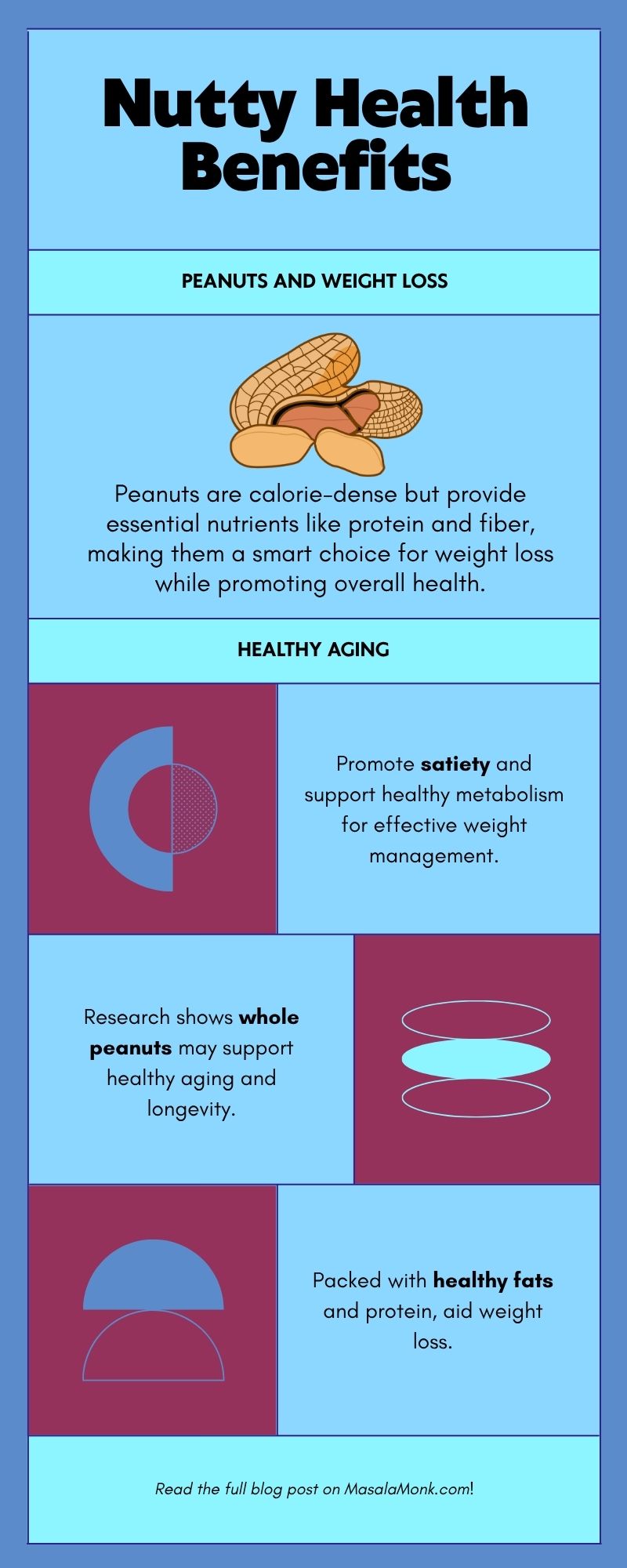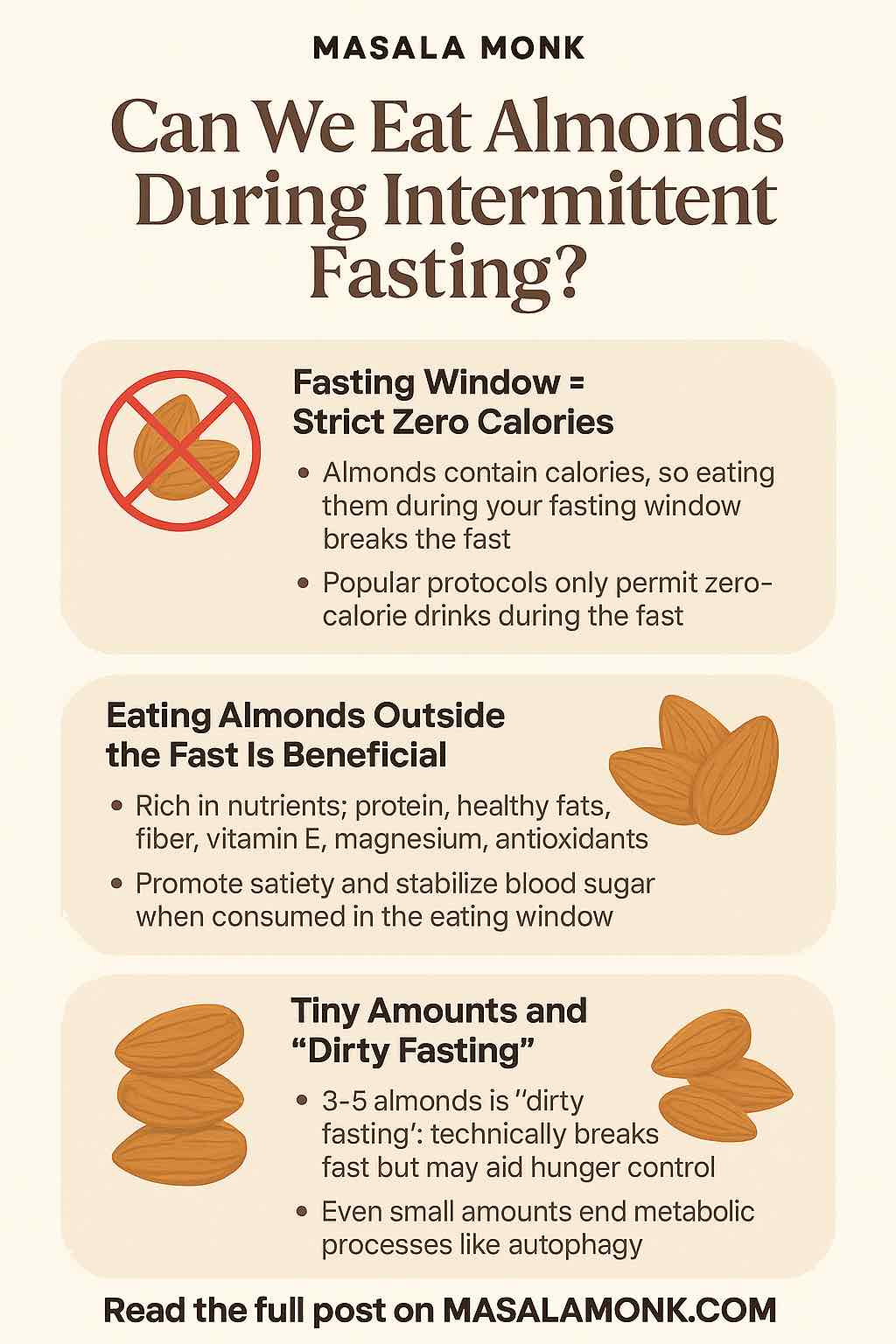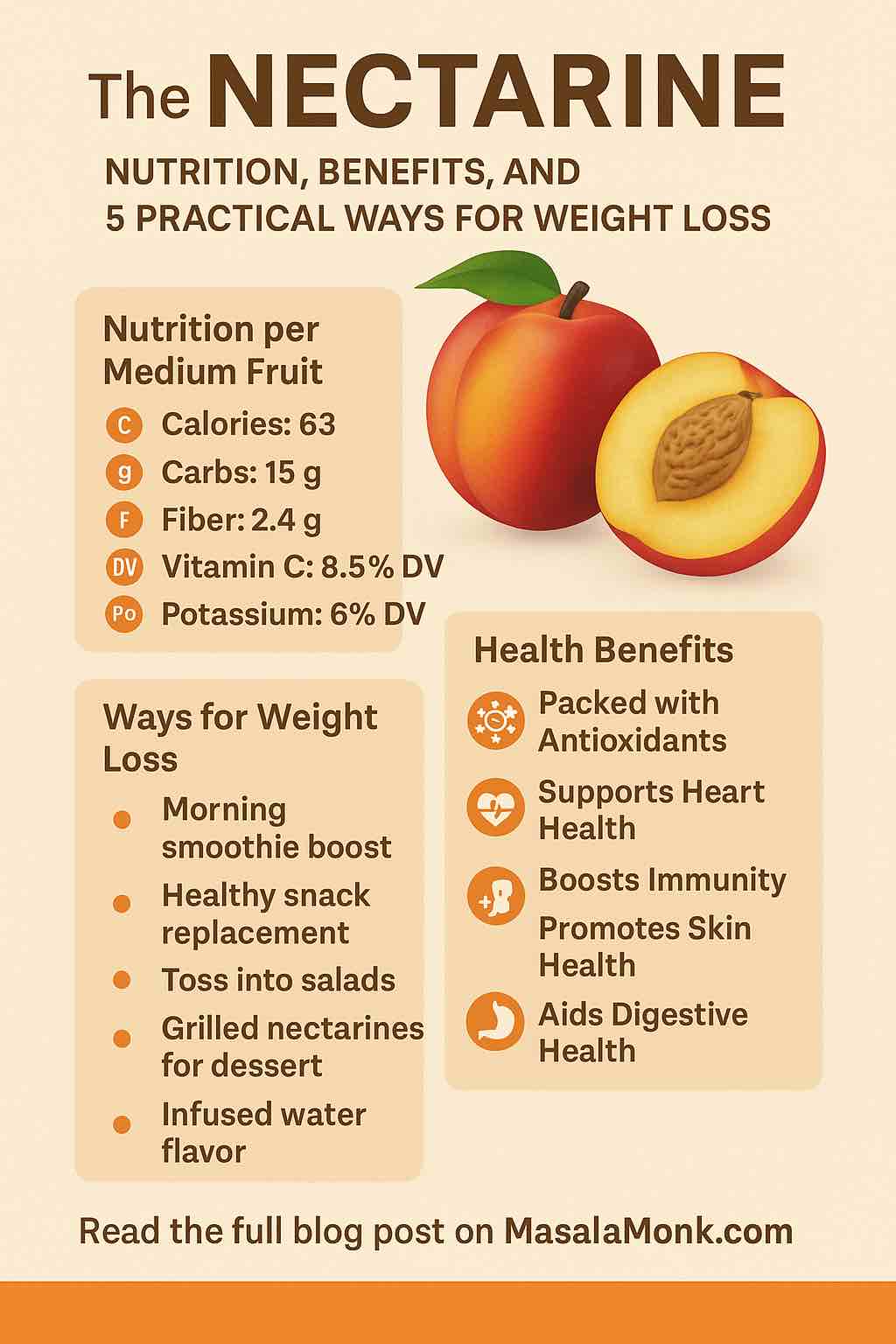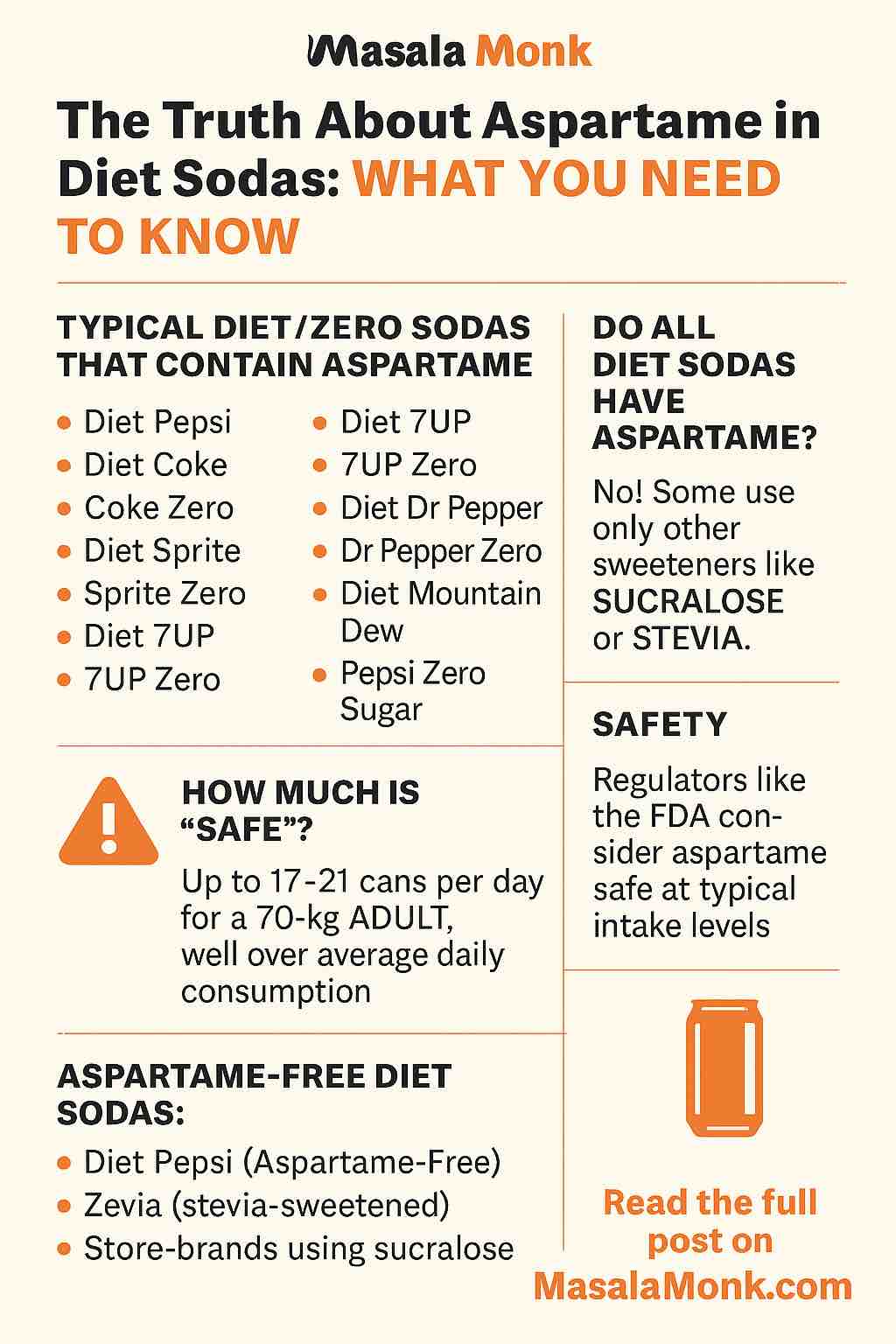
When it comes to weight loss, few foods spark as much debate as peanuts. Are they a friend or foe on the journey to a healthier body? Packed with calories and fats, peanuts often get a bad rap, but recent research suggests a far more nuanced picture — one where peanuts may actually support weight management and overall health.
In this post, we’ll dive deep into the science of peanuts and weight loss, explore exciting new findings from 2025 research, debunk common myths, and offer practical guidance on how to enjoy peanuts as part of a balanced, calorie-conscious diet. Let’s crack the code!
Why Peanuts Have a Reputation in Weight Loss Circles
Peanuts are energy-dense: a single handful (about 28 grams) contains roughly 160–180 calories, mostly from fat. For many, that immediately triggers a red flag — fat and calories are “bad” for weight loss, right?
Well, it’s not that simple.
Peanuts are rich in monounsaturated and polyunsaturated fats — the kind of fats linked to heart health, unlike saturated fats. They’re also a solid source of plant-based protein, fiber, vitamins, and minerals such as magnesium, which play roles in metabolism and satiety.
Despite their caloric density, peanuts have several properties that might help control weight rather than contribute to gain. Let’s unpack how.
How Peanuts Can Help with Weight Loss: The Science
1. Satiety and Reduced Appetite
One of the most compelling reasons peanuts may support weight management is their ability to help you feel full. Their combination of protein, fiber, and healthy fats slows digestion and helps regulate hunger hormones. This means eating peanuts can reduce cravings and lower your total calorie intake across the day.
Studies consistently show that including peanuts or other nuts in snacks or meals helps reduce hunger better than many processed alternatives.
2. Reduced Calorie Absorption
Surprisingly, not all the calories in peanuts are absorbed. Because of the way peanut fat is trapped within the nut’s structure, some fat passes through the digestive system unabsorbed.
Research estimates that about 5–15% fewer calories are absorbed from whole peanuts compared to what’s calculated on nutrition labels. This is an important nuance: while peanuts are calorie-dense on paper, the net calorie impact might be lower.
3. Supporting Metabolic Health
Regular peanut consumption has been linked to improvements in cholesterol levels (especially lowering LDL), blood pressure, and blood sugar control. All of these factors contribute indirectly to healthier body composition and easier weight management.
What’s New in 2025? The Cutting-Edge Telomere Study
Beyond weight control, recent science is shedding light on peanuts’ potential anti-aging benefits at the cellular level.
A Spanish study published in early 2025 (the ARISTOTLE trial) investigated how different forms of peanuts impact telomere length—a biomarker of cellular aging. Telomeres are protective caps on the ends of chromosomes that naturally shorten as we age; preserving their length is linked to longevity and reduced chronic disease risk.
Key findings:
- Participants consuming 25 grams per day of skin-roasted whole peanuts experienced no telomere shortening over 6 months.
- In contrast, 22% of those eating peanut butter and 38% of control subjects (no peanuts) showed telomere shortening.
- This suggests whole, unprocessed peanuts may offer unique cellular benefits that peanut butter doesn’t.
The takeaway? Whole peanuts might be more than a weight-loss aid—they could contribute to healthier aging.
Busting Common Myths About Peanuts and Weight Gain
Myth #1: Peanuts cause weight gain because they’re high in fat.
Fact: Fat isn’t inherently fattening. Peanuts’ fat content, combined with fiber and protein, promotes fullness and a healthy metabolism.
Myth #2: Peanut butter is just as good as whole peanuts for weight loss.
Fact: Peanut butter often lacks the fiber and intact cell structure of whole peanuts, which can reduce satiety and calorie digestion benefits. Many commercial peanut butters also contain added sugar and oils.
Myth #3: Eating peanuts means you’ll eat more calories overall.
Fact: When eaten as part of a balanced diet and replacing less healthy snacks, peanuts tend not to increase overall calorie intake and may improve diet quality.
How to Incorporate Peanuts into a Weight Loss Plan
To enjoy peanuts’ benefits without tipping the calorie scale, follow these tips:
1. Watch Portion Size
Aim for 1–2 handfuls (28–56 grams) daily. This moderate amount offers nutritional benefits without excessive calories.
2. Choose Whole, Skin-On Peanuts
Opt for raw or dry-roasted peanuts with skins intact. Skins add antioxidants and fiber, while whole nuts maximize calorie absorption benefits.
3. Limit Peanut Butter to Natural Versions
If you prefer peanut butter, pick natural options without added sugar or hydrogenated fats, and be mindful of portion size.
4. Use Peanuts as a Snack Substitute
Replace processed snacks or sweets with peanuts to improve satiety and nutrition quality.
5. Balance Your Daily Calories
Integrate peanuts as a substitution rather than an addition to avoid excess energy intake.
Peanuts and Broader Health Benefits
Weight loss is just part of peanuts’ story. Their regular consumption is associated with:
- Heart health: Lower LDL cholesterol and blood pressure
- Blood sugar regulation: Stabilizes glucose and insulin responses
- Brain health: Rich in antioxidants like resveratrol
- Environmental benefits: Peanuts are more water-efficient and environmentally sustainable compared to many tree nuts
What About Allergies and Safety?
If you have a peanut allergy, these benefits obviously don’t apply and exposure can be dangerous. For everyone else, proper storage is key to avoid aflatoxin contamination, a natural mold toxin sometimes found in peanuts.
Final Thoughts
Peanuts are often misunderstood in the context of weight loss. Far from being a dietary enemy, they can be a powerful ally when enjoyed wisely. Their unique combination of protein, fiber, healthy fats, and now, emerging evidence on cellular aging, paints a compelling picture of peanuts as a nutrient-dense, satiating, and metabolically beneficial snack.
So next time you reach for a handful of peanuts, you’re not just indulging a craving — you’re making a smart choice for your waistline and your health.
FAQs
1. Are peanuts good for weight loss?
Yes. Peanuts promote satiety through their protein, fiber, and healthy fats, helping reduce overall calorie intake. Studies show that moderate peanut consumption fits well within calorie-controlled weight loss diets.
2. Won’t the high fat content in peanuts cause weight gain?
Not necessarily. The fats in peanuts are mostly heart-healthy unsaturated fats. Plus, some of the fat in whole peanuts is not fully absorbed during digestion, which can reduce net calorie intake.
3. Is peanut butter as beneficial as whole peanuts for weight loss?
Peanut butter provides many nutrients but often lacks the fiber and intact cell structure of whole peanuts, reducing some satiety and digestion benefits. Natural peanut butter without added sugars or oils is preferable.
4. How many peanuts should I eat daily to support weight loss?
Aim for 1 to 2 handfuls (28–56 grams) per day. This amount balances nutritional benefits without excessive calories.
5. Can eating peanuts help slow aging?
Emerging research from 2025 suggests that consuming whole skin-on peanuts may help preserve telomere length, a marker linked to slower cellular aging and longevity.
6. Do peanuts affect blood sugar levels?
Yes. Peanuts have a low glycemic index and their protein and fat content help stabilize blood sugar, which supports metabolic health.
7. Are roasted peanuts as healthy as raw peanuts?
Dry-roasted peanuts with skins on retain most of their nutritional benefits, including fiber and antioxidants. Avoid peanuts roasted in unhealthy oils or with excessive salt.
8. Can peanuts replace other snacks for better health?
Absolutely. Swapping processed snacks or sugary treats for peanuts can improve satiety, nutrition quality, and support weight management.
9. Are there any risks with eating peanuts?
Peanut allergies can be severe and life-threatening for some individuals. Also, improper storage can lead to aflatoxin contamination, so buy from reputable sources and store peanuts in a cool, dry place.
10. Do peanuts fit into all types of diets?
Yes. Peanuts are plant-based and fit well in vegetarian, vegan, low-carb, and Mediterranean diets, among others, as long as calorie intake is balanced.













